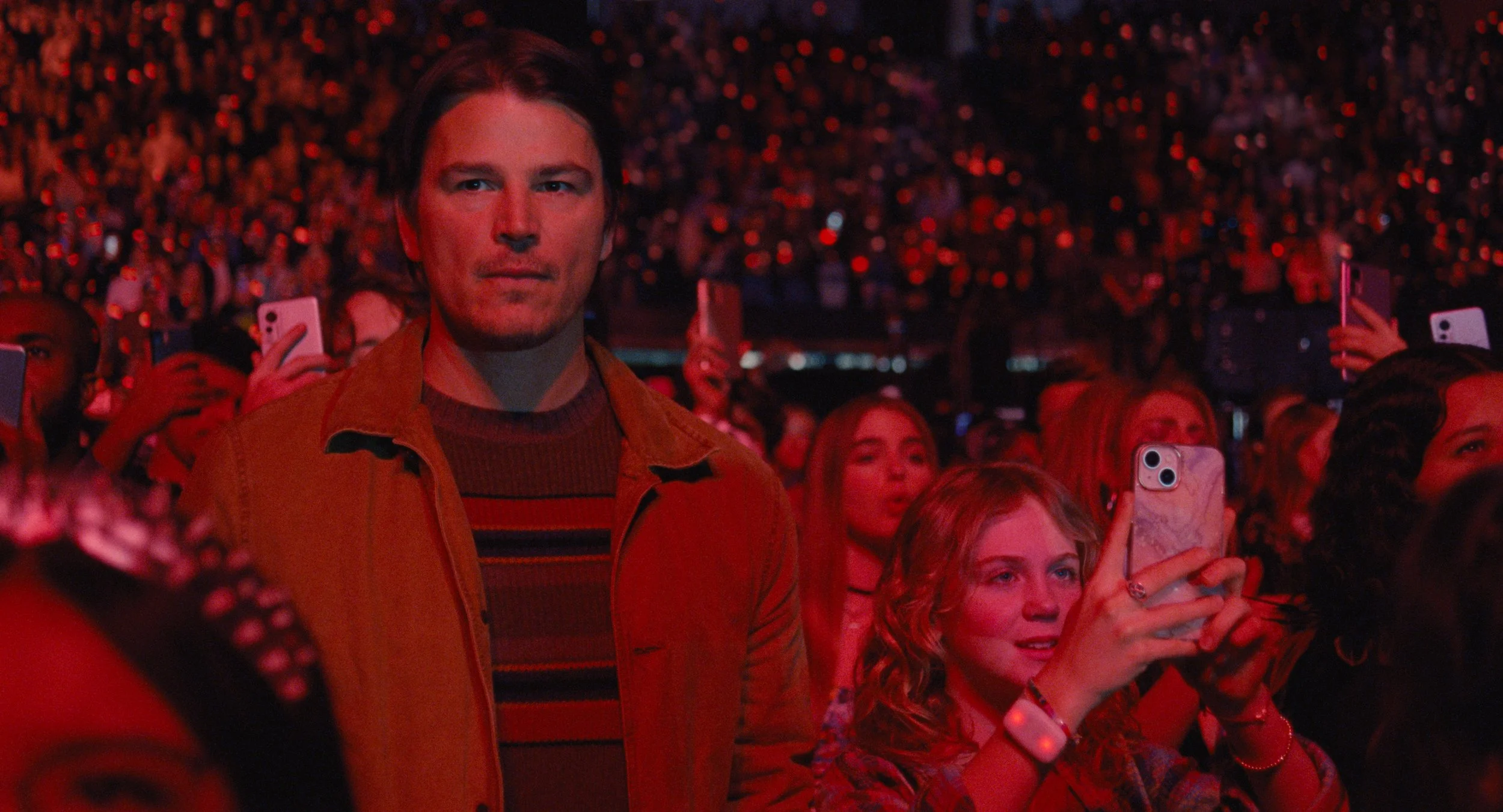by Mattie Lucas
Cinema from a Decidedly Queer Perspective
I.S.S./Pictures of Ghosts | 2024
I often found myself thinking about Agnes Varda's Daguerreotypes and Tsai Ming Liang’s Goodbye Dragon Inn in the way Filho examines the power of cinema to preserve while also using it to document its own death; faded movie palaces now replaced by towering high rises, replaced by ramshackle churches, the temples of cinema swapping one religion for another.
Trap | 2024
There are few mainstream filmmakers working today who have as keen an eye and a mastery of the cinematic language as M. Night Shyamalan. Sure, it became cool to poke fun at his work in the late 2000s when he became known as the "twist" guy, which left audiences expecting surprises and trying to outsmart his movies. Thankfully, it seems we have mostly moved past all that, and Shyamalan has smartly reframed expectations around his films since the soft reboot of his career in 2015's The Visit.
Bless Their Little Hearts | 1983
Like its spiritual predecessor, Charles Burnett's Killer of Sheep (1978), Billy Woodberry's Bless Their Little Hearts focuses on a black working man in the African American Watts district of Los Angeles. Except in this case, Charlie Banks (Nate Hardman) is more of a *not* working man, because he finds himself perpetually un and under employed, spending his days at home with his harried wife, Andais (Kaycee Moore) and their children.
Farewell My Concubine | 1993
Upon its release in 1993, Chen Kaige's Farewell My Concubine became the first Chinese film to win the coveted Palme d'Or at the Cannes Film Festival, a prize it shared with Jane Campion's The Piano in a rare tie. The film was banned and censored both in its native China and in the United States thanks to Miramax's Harvey Weinstein, who reportedly cut around 20 minutes from the film's theatrical cut, only to release the complete version on home video, which remains intact to this day.





In her 2008 essay "Chungking Express: Electric Youth" (included as an extra in the booklet of the Criterion Blu-Ray), critic Amy Taubin compares Wong Kar Wai's Chungking Express to Jean-Luc Godard's seminal 1966 film, Masculin Feminin. It's a perceptive parallel, acknowledging both films as quintessential products of their time in depicting youthful romance and disaffection.